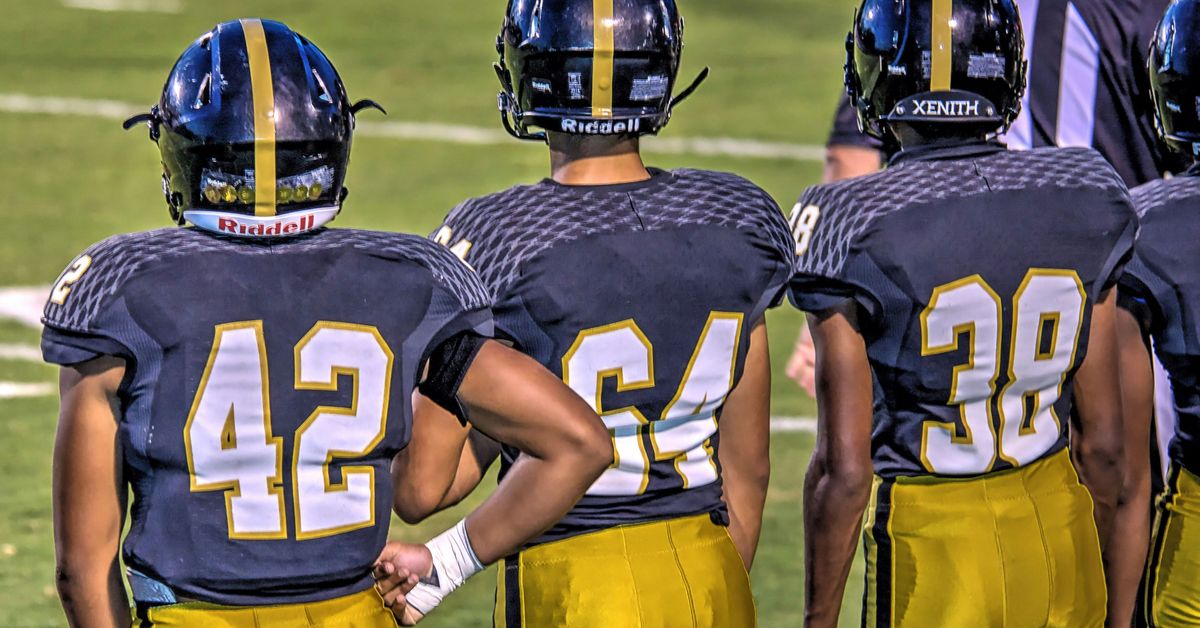Understanding the Minds of Champions
When it comes to controversies in sports, we often find ourselves knee-deep in debates that seem to stretch on forever. Whether it’s a heated discussion about doping allegations, a contentious coaching decision, or the latest scandal involving a star player, the opinions of athletes—those who live and breathe the game—are often the most revealing. So, what do top athletes really think about these controversies that dominate the headlines? Buckle up, because as I delve into the minds of some of the most accomplished athletes, you’ll discover insights that might surprise you.
The Doping Dilemma
Doping in sports has long been a topic that fuels fiery discussions. For example, a significant number of athletes express frustration with the strict punishments often handed down to their peers caught using performance-enhancing drugs. I recall a conversation with an Olympic sprinter who candidly remarked, “It’s frustrating because some of us are trying to do everything right, and then you see someone else take shortcuts.” This sentiment isn’t isolated; many athletes feel a mix of pity and anger towards those who choose to cheat.
Even the most decorated champions have weighed in on this issue. Take, for instance, former cycling legend Lance Armstrong, who, despite his own transgressions, has become an unexpected voice against doping. He once stated, “If you’re going to cheat, you better be good at it and not get caught.” This kind of brutal honesty resonates with athletes who grapple with the moral implications of competition. So, what’s the consensus among the elite? Many believe that a more robust support system for mental health and performance could deter athletes from resorting to drugs in the first place.
Coaching Controversies: Where’s the Line?
Coaching decisions often spark controversy, especially during high-stakes games. I remember being glued to my screen during the last moments of a championship football match where a coach’s unconventional call led to a last-minute loss. As expected, social media erupted, and players were left to navigate the fallout. Some athletes, like NBA stars, have publicly defended their coaches, arguing that the pressure of split-second decisions often leads to hindsight bias. One NBA player shared, “We’re all in this together, and sometimes we need to trust the process, even if it seems crazy.”
Interestingly, many athletes have a unique perspective on coaching strategies that might seem irrational to fans. They acknowledge the pressure coaches are under and the complexities of game strategy that fans might miss. An NFL quarterback once told me, “Every play is a gamble. Sometimes, you have to go against what seems obvious.” This attitude reflects a deeper understanding of the game, one that often gets lost in the noise of public opinion.
The Role of the Media
It’s no secret that the media plays a critical role in shaping public perception of controversies. Athletes often have a love-hate relationship with the press. On one hand, they appreciate the exposure, but on the other, they are frequently frustrated by the sensationalism that accompanies their stories. A well-known soccer player once quipped, “The media is like a double-edged sword. They can make you a hero or a villain in a heartbeat.”
This duality can lead to athletes feeling cornered. They want to express their true feelings about controversies—especially those that affect their lives or careers—but fear how their words will be twisted. As one former Olympic champion put it, “You have to be careful with what you say. It’s like walking on eggshells.” This sentiment highlights the pressure athletes feel to maintain a certain image, often leading to a reluctance to share their true thoughts.
Social Media: A Double-Edged Sword
In recent years, social media has transformed how athletes communicate with fans and respond to controversies. It’s a platform where they can share their side of the story, but it also exposes them to instant criticism. I remember the backlash an NFL player received after tweeting his thoughts on a controversial penalty call. He later said, “I thought I was being relatable, but all I got was a storm of hate in my mentions.” It’s a reminder that the immediacy of online interactions can sometimes lead to misinterpretations or overreactions.
Interestingly, some athletes have turned to social media as a tool for advocacy. They recognize its power to shape narratives and have used it to address issues like mental health and social justice. A well-respected WNBA player said, “It’s our responsibility to use our platforms for good, especially when we see injustice.” This emerging trend indicates a shift in how athletes approach controversies, opting for a proactive rather than reactive stance.
Social Issues: The Evolving Landscape
In an era where social issues are at the forefront of public consciousness, many athletes are finding their voices. The protests during the national anthem in various sports leagues sparked a wave of discussions about racial inequality and police brutality. Athletes like Colin Kaepernick ignited a movement that continues to resonate today. Some, like NBA superstar LeBron James, have turned their platforms into megaphones for social change. LeBron once said, “I’m not just an athlete; I’m a role model. I have to stand for what I believe in.”
What struck me during interviews with various athletes is their understanding of the weight their words carry. Many feel a sense of responsibility to speak out, particularly when their personal experiences align with broader societal issues. A female soccer player shared, “It’s not just about the game anymore. We’re in a position to influence change, and that’s a privilege.” This sentiment reflects a growing awareness among athletes of their influence beyond the court or field.
The Generational Divide
Interestingly, there seems to be a generational divide in how athletes approach social issues. Older athletes—who grew up in a different era—tend to be more cautious, often advocating for change behind closed doors. In contrast, younger athletes are unafraid to express their views publicly. A former NBA player noted, “Back in my day, we were told to stick to sports. But these kids today? They’re fearless.” This shift suggests that the landscape of sports activism is evolving, as younger generations feel empowered to challenge the status quo.
Handling Personal Controversies
Personal controversies can be especially challenging for athletes. From legal troubles to public scandals, the pressure can be overwhelming. I remember an interview with a tennis star who faced scrutiny after a public altercation. He candidly expressed, “It felt like the world was watching me fail. It’s hard to compartmentalize when all of your mistakes are on display.” This perspective highlights the unique challenges athletes face, living their lives under an unrelenting spotlight.
Many athletes I spoke to shared strategies for coping with personal controversies. Some lean on their teammates, while others turn to family for support. A well-respected golfer told me, “You learn to rely on your support system. No one understands the pressure quite like your peers.” This camaraderie can provide a much-needed buffer against the harsh realities of public life.
Resilience and Recovery
Resilience is a common theme among athletes dealing with personal controversies. They often speak about the importance of bouncing back and learning from mistakes. One former NFL player said, “It’s not about how hard you fall; it’s about how hard you get back up.” This perspective is crucial, not just in sports, but in life. It seems that for many athletes, the key to overcoming personal controversies lies in embracing vulnerability and acknowledging their humanity.
Looking Ahead: What’s Next?
As we look toward the future of sports, it’s clear that controversies will continue to be a part of the landscape. However, the way athletes engage with these issues is evolving. They are no longer passive observers; they are becoming active participants in shaping the narrative. One thing is certain: the voices of athletes will only grow louder. A veteran basketball player remarked, “We have a platform, and we’re going to use it.”
For fans, the key takeaway is to remember that behind every headline, there’s a person grappling with the complexities of fame, pressure, and expectation. As I reflect on the conversations I’ve had with these athletes, I’m reminded of the humanity that often gets lost in the noise of controversy. They are not just athletes; they are multifaceted individuals with thoughts, feelings, and opinions that deserve to be heard.
Conclusion: The Power of Perspective
In conclusion, the insights from top athletes reveal a complex tapestry of thoughts and feelings surrounding the controversies that often dominate sports news. They navigate a world where public opinion can shift in a heartbeat, yet many remain steadfast in their beliefs. As fans, it’s important to listen to these voices and appreciate the intricacies of their experiences. After all, sports are more than just games; they reflect society’s challenges and triumphs. The next time a controversy arises, take a moment to consider the perspectives of those at the center of it all—they might just surprise you.









